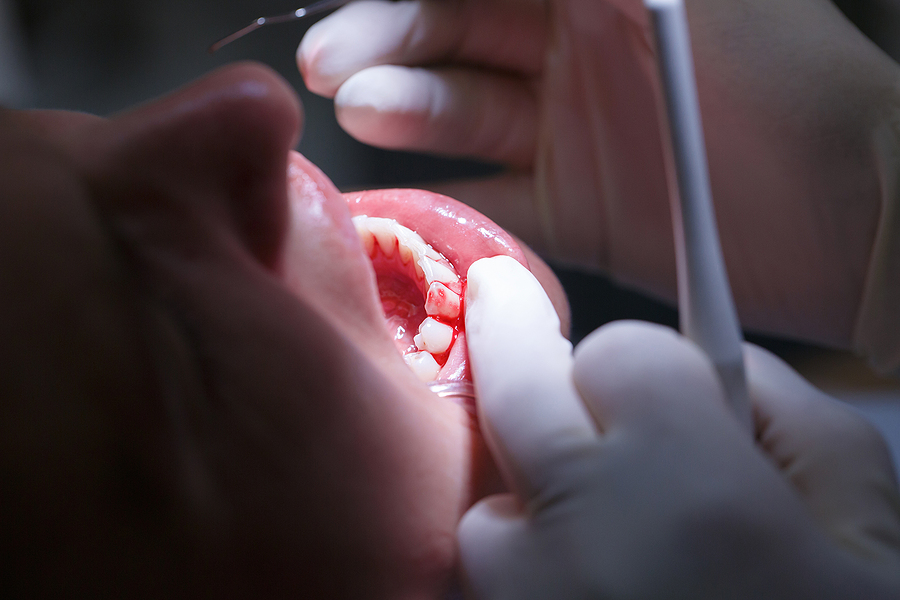Posted by Eldridge Dental on Sep 2 2020, 11:58 PM
Most dental plans have networks of providers, or preferred dentists. If you choose a HMO or preferred provider organization plan, using an in-network dentist will save you the most money. You can still see an out of network provider but the costs per visit may be slightly higher.
Types of dental insurance networks include:
Dental PPO plans are the most common and generally have an annual/yearly deductible up to as much as $100. A deductible is the amount of money that you have to pay the provider before the insurance plan begins to pay. After paying your deductible, depending on your insurance they typically still only pay a percentage of services. The most common is the “100-80-50 plan” that covers:
Indemnity and PPO dental plans generally cap the total amount they pay toward your care in a year. This is called the annual maximum benefit. Annual maximums are important to consider if you are thinking about getting full mouth restorative work done.
HMOs usually also have deductibles that you have to pay but they are lower and you also have to pay them every time you go into an office. Also, HMOs usually only provide you a discount on other services outside of preventative care and those discounts are never close to the percentage savings that you would get with a PPO. In an HMO you are also regulated to using a single dentist so if you are considering the HMO route you may want to consider using a multi-specialty dentist to avoid a circumstance where you aren't able to get the work you require without having to go completely out of pocket.
Over 90% of Americans get their dental coverage through their employer. Because employers get a group rate and often pay a portion of workers’ dental insurance premiums, group dental insurance is also the lowest cost dental coverage.
If your employer offers dental insurance, this is going to be your cheapest option of achieving suitable coverage for all your dentistry needs.
The alternative option if your employer doesn't offer you insurance or if you are self-employed is to seek out a dental insurance plan online. They generally cost less than $50 dollars per person but often have rules that group dental insurance doesn't have such as:
Also called dental savings programs, these plans are an alternative to dental insurance and operate more like a membership club than an insurance plan. They can't be added to a dental insurance plan and also have networks of dentist so before you choose a dental discount plan make sure that your network doesn't have providers that are very far away from where you live or work. The dental discount plan will give you a discount on the cash rates that are posted at your dentist's office but are still going to be more than you would pay if you had a dental group insurance plan.
Paying in cash obviously provides you with the flexibility to choose your provider and timing of your treatments. Most providers tend to give steep cash discounts to these patients which can be helpful but if you are seeking dental work that reaches into the tens of thousands of dollars, dental insurance may have provided a larger savings.
Whatever your situation is with your teeth finding the right coverage that fits your lifestyle is important as without proper general care you are certainly going to have larger downstream costs to worry about. We hope this information provides you some insight into what might work best for you. As always, make sure that wherever you are getting dental treatment you look over your treatment plan before beginning a procedure and ask questions about what costs you may incur.

Transforming Smiles: How Dental Implants Strengthen Jawbone Health and Enhance Facial Aesthetics

Do Dental Implants Feel Like Real Teeth? What You Need to Know

Understanding Root Canal Therapy: A Vital Treatment for Saving Teeth

The Role of Regular Dental Checkups in Preventing Periodontal Disease

Understanding Periodontal Disease: Causes, Symptoms, and Treatment
Monday : 8:00 am - 5:00 pm
Tuesday : 8:00 am - 5:00 pm
Wednesday : Closed
Thursday : 8:00 am - 5:00 pm
Friday : 8:00 am - 5:00 pm
Saturday : 8:00 am - 5:00 pm
Sunday : Closed